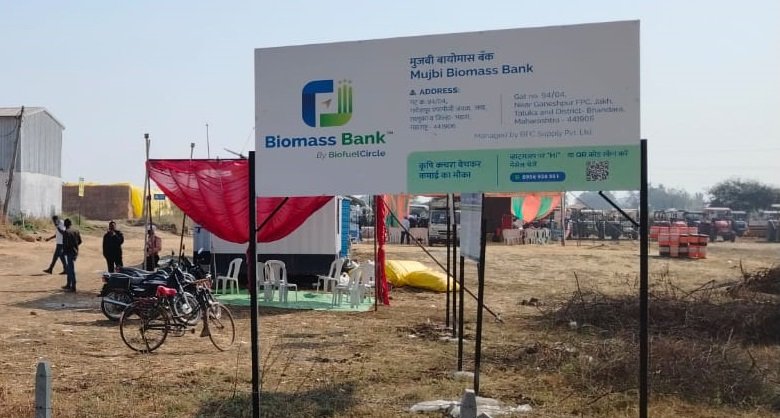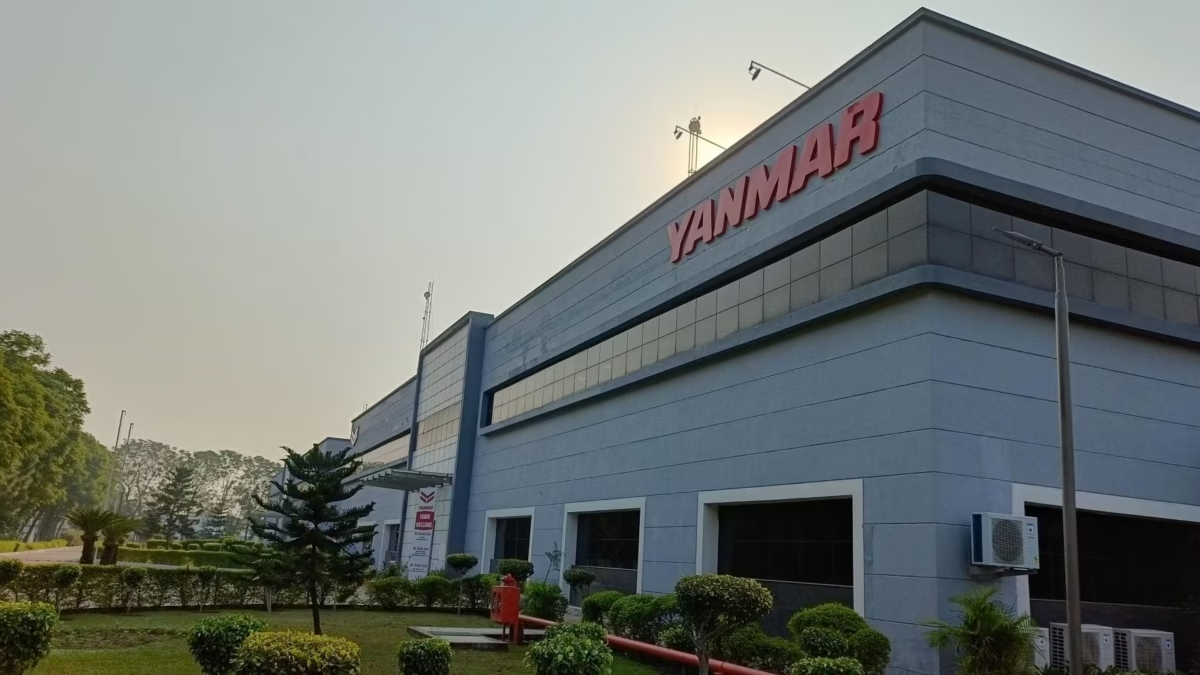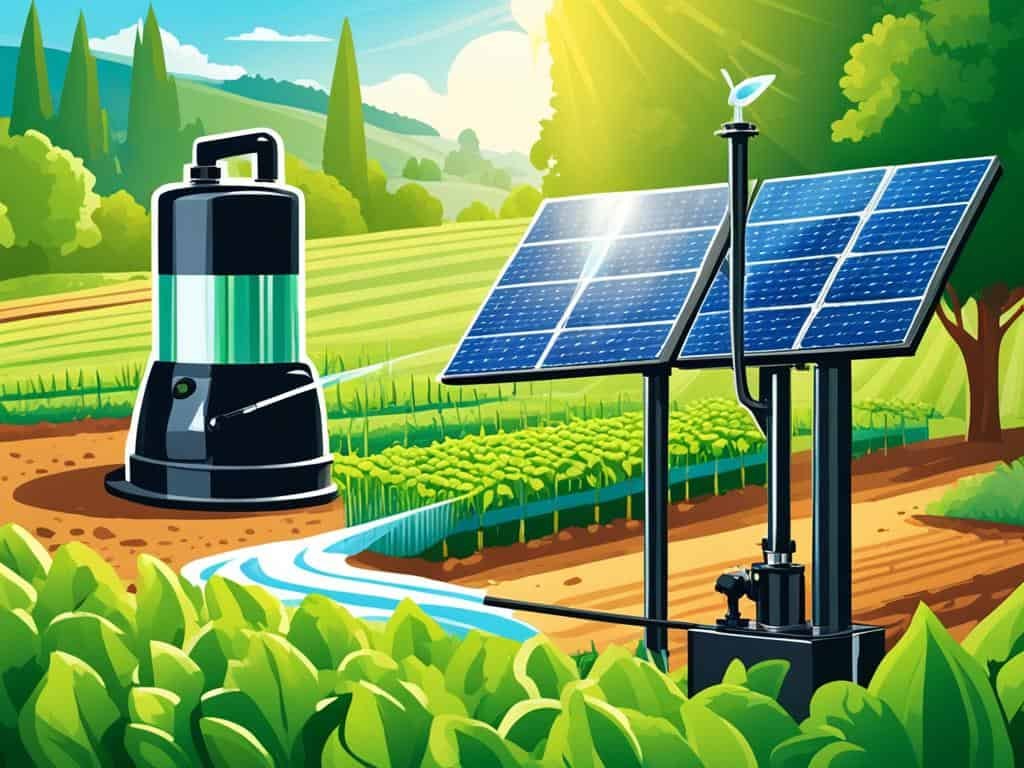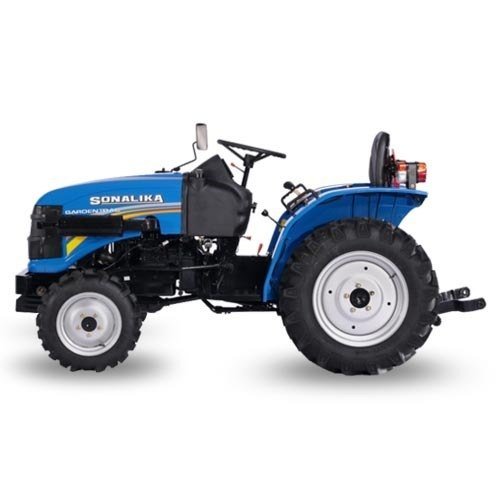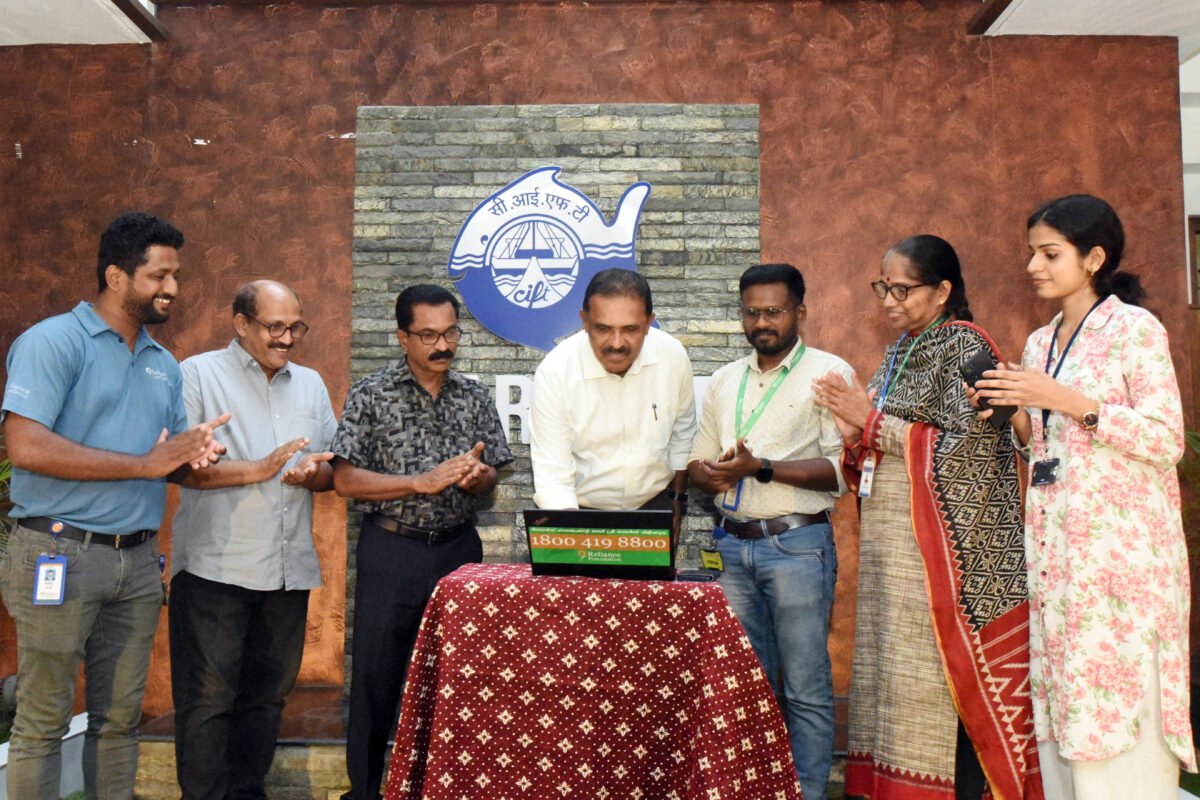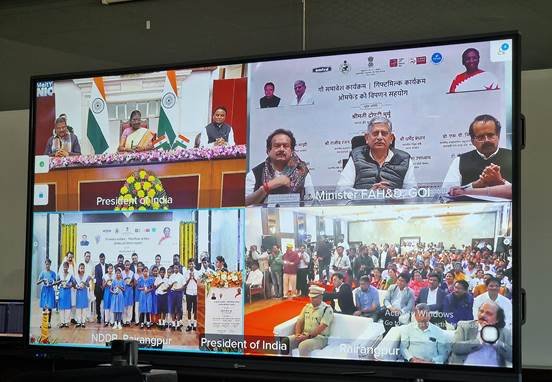Climate tech company Ecozen raises over $23 Mn to accelerate growth
This round of investment will be directed toward scaling Ecozen’s flagship solutions, including Ecotron, Ecofrost, and advanced motor control systems.
Ecozen, a leading climate-smart technology solutions provider, has raised over $23 million in debt funding from responsAbility Investments AG, Northern Arc Capital Limited, Maanaveeya Development & Finance Private Limited, and others. This funding will help Ecozen drive scale in its current businesses while furthering its position as a leader in sustainable technologies.
Ecozen has recorded an outstanding CAGR of over 83 per cent in revenue growth over the past three years, underscoring its rapid and sustained success. The company has manufactured over 300,000 Ecotron solar pump controllers to date, with an impressive 100,000 units produced between March and December 2024 alone. These innovations have contributed to the abatement of more than 2 million metric tons of greenhouse gases (GHG), including a remarkable 660,000 metric tons in 2024 alone.
In 2025, Ecozen is expanding its portfolio with innovative products tailored to the evolving needs of communities and businesses. With a strong commitment to sustainability and innovation, the company will continue to pave the way for a future where growth and environmental responsibility go hand in hand.
Devendra Gupta, CEO and Co-Founder of Ecozen, said, “This funding reaffirms the confidence our partners have in Ecozen’s ability to drive impactful change through innovation. We are excited to be on a rapid growth path, driven by the increasing need for sustainable, climate-smart solutions. This funding will help us reach more people, expand our operations, and strengthen our impact in India and beyond. Our focus has always been on empowering our customers and providing them with the tools they need to thrive in a changing world. I’m truly grateful for the trust and support from our investors—responsAbility, Northern Arc, Maanaveeya and others, including our existing partners, who share our vision and are helping us create lasting positive change.”
Neha Baid, Team Head, Sustainable Food Debt, APAC, at responsAbility Investments AG, added,”Ecozen’s innovative solutions resonate deeply with our commitment to support sustainable and impactful ventures that are focused on climate mitigation, food loss and waste reduction and fostering overall climate resilience. We are proud to contribute to their journey of empowering rural and industrial stakeholders with advanced climate-smart technologies.”
Ashish Mehrotra, MD & CEO, Northern Arc Capital said, “Northern Arc is delighted to support Ecozen in their journey of creating a sustainable impact through innovative technologies. This partnership underscores our unwavering commitment to addressing climate change and fostering climate-first businesses. With the launch of our USD 125 million climate fund dedicated to supporting businesses that control and mitigate climate change, we aim to empower enterprises like Ecozen to grow and prosper. Together, we strive to advance climate-sustainable solutions and contribute meaningfully to a greener, more resilient future for all.”
“Over the past four decades, Maanaveeya has supported businesses that drive social change and economic empowerment. Ecozen exemplifies the potential of innovative technology to solve real-world problems. We look forward to seeing them expand their footprint and impact even further.” highlighted Dr Gouri Sankar, the Managing Director of Maanaveeya Development & Finance Private Limited.
This round of investment will be directed




